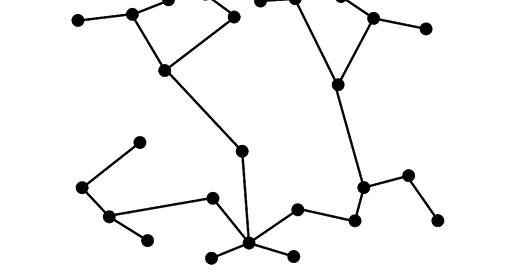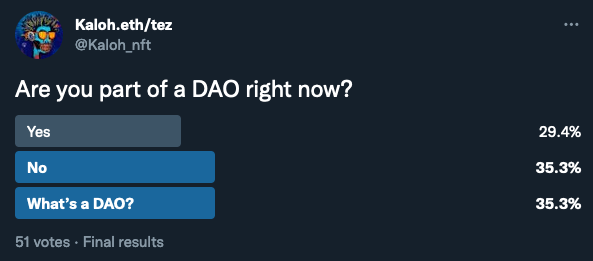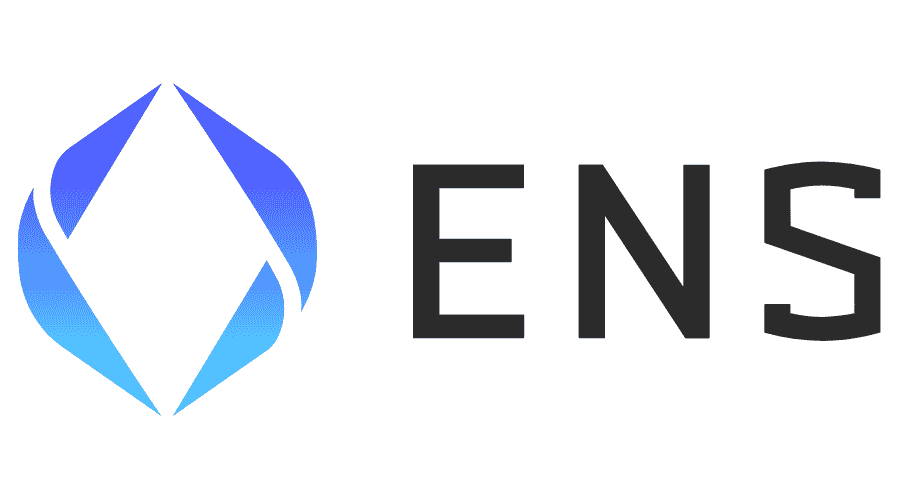👩👩👦👦 There is DAO for that!
What is a decentralized autonomous organization (DAO)?
DAOs are a super hot topic nowadays in the metaverse. If you have been around, there is a high chance you have seen that word thrown around many times. Last week, I ran a quick Twitter poll, and it showed that more than one-third of the participants didn’t know what a DAO is. It is yet another example of a powerful utility made possible by the blockchain.
What is a DAO?
A Decentralized Autonomous Organisation (DAO) is a new form of entity governed by its community in coded rules and instructions. Its members define the rules and instructions through a voting system. DAOs issue their token to their members (there are multiple ways how this can happen). Members use the token to govern the DAO, such as to vote for rules, changes, proposals. Most of the time, the token has a monetary value and can be traded openly, similar to how you could buy and sell crypto coins. Remember, all happens in the blockchain; therefore, everything is transparent and secure.
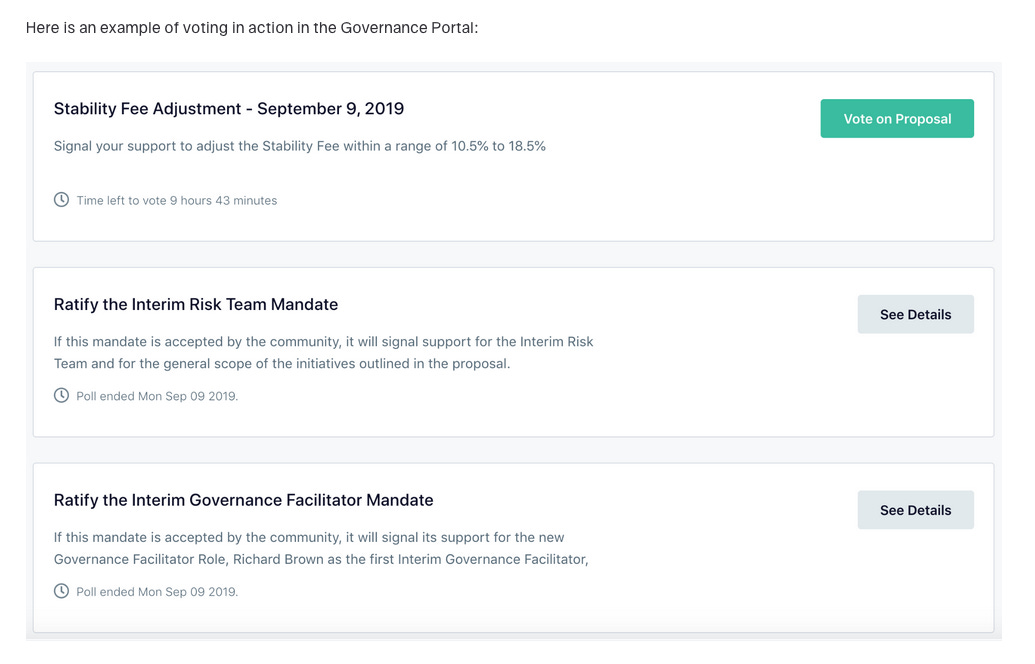
This system can shape an organization's behavior. Depending on the kind of organization, the community could decide how the savings get invested, distribution of salaries for the most active members, how to include new members, or how the DAO issues the tokens. In the case of digital products, members could prioritize decisions on product features with an open vote. This mechanism could settle every decision needed to push the organization forward.
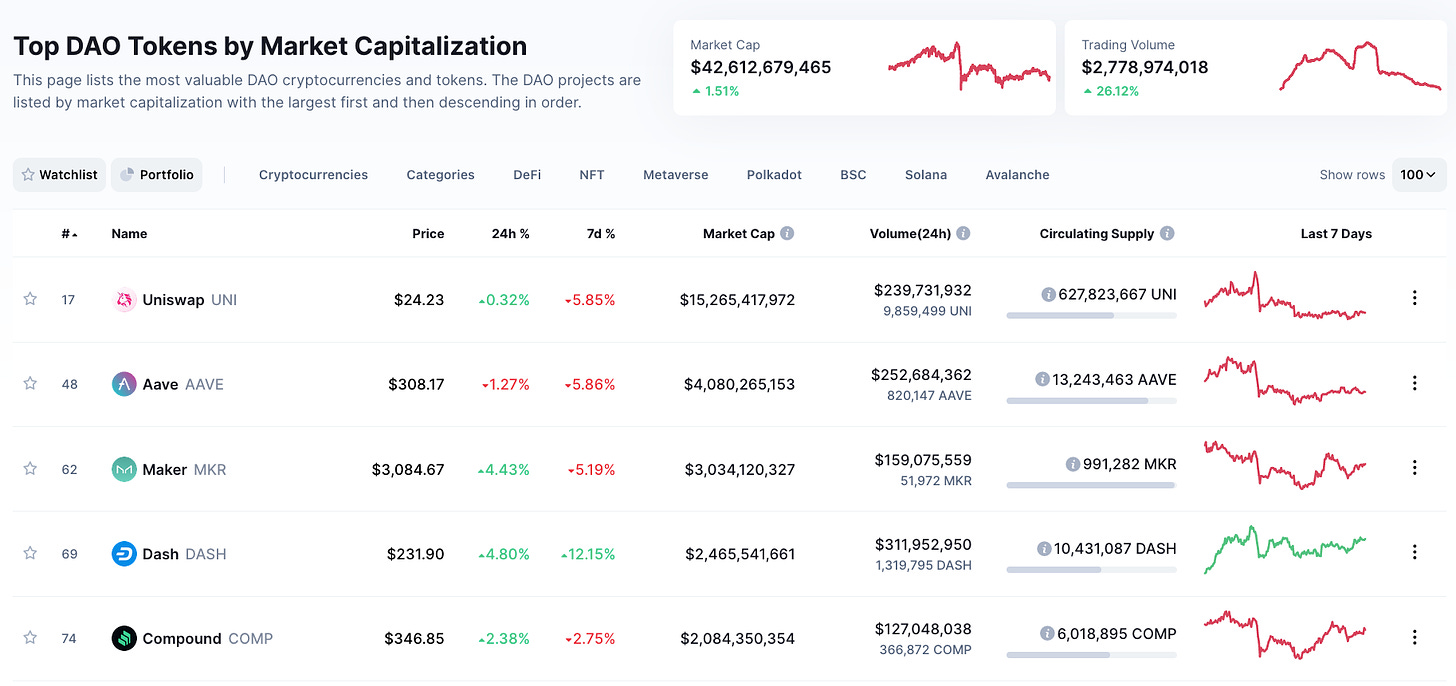
Although DAOs could be considered a new framework, there is already an extensive list of fully functional and robust DAOs. You can find the top-performing DAOs by volume and market cap here (coninmarketcap.com).
One story that broke the news in recent weeks was the introduction of ENS DAO by Ethereum Name Service (ENS). They airdropped $ENS token to their early supporters (those who purchased a .eth domain in the past). The token had a huge value, in my case, I owned the kaloh.eth domain for around six months and I was able to claim the equivalent of 1.5 eth in $ENS tokens.
DAOs related to art and NFTs
When it comes to NFT-related DAOs, some of the popular ones are Super Rare DAO, UltraDAO, and Head DAO. In the case of Super Rare, members can use the token to curate which artists are admitted to the platform, how to spend the community funds and which artists get their custom storefront.

UltraDAO's objectives are to collect NFTs with historical and intrinsic value, release projects voted through by DAO members, and showcase the collection in the metaverse. For example, they released the Woodies NFT project. You can access their gallery here.
Another NFT DAO that has been popular in recent times is HEAD DAO. By being part of their community you receive $HEAD tokens which represent fractional shares of the NFTs held in their community vault. This token can be traded for other crypto assets, and therefore can be seen as a way to earn passive income.
The challenges of revenue sharing in DAOs
Talking about passive income is a complicated topic. Revenue sharing and earning passive income sounds terrific and all, but in reality, those assets could be considered securities, as they become an investment vehicle. I’m not a lawyer, so I don’t feel confident explaining the different effects of DAOs. The important thing here is that you should do your own research before joining these organizations (especially those offering revenue sharing or passive income). Keep in mind each country has its own set of laws and rules, and at this point, there is not enough regulation to understand the legal implications. That is why the legal ramifications of DAOs are a big question mark and are cataloged as significant risks by many.
Future of DAOs
If we think about the evolution of these systems five or ten years from now, DAOs could become the standard for any group, institution, or company. I believe DAOs could surpass NFTs, protocols, and the different kinds of use cases surging from this sector and reach other areas that are critical for real-life (non-metaverse related). For example, I could see DAOs coming to educational institutions and the public sector.
Could you imagine a DAO-controlled country? Wouldn’t that be amazing for democracy and progress? Interestingly, this concept already exists, and it is called algocracy. Sounds exciting and scary at the same time.
Until next time,
- Kaloh


